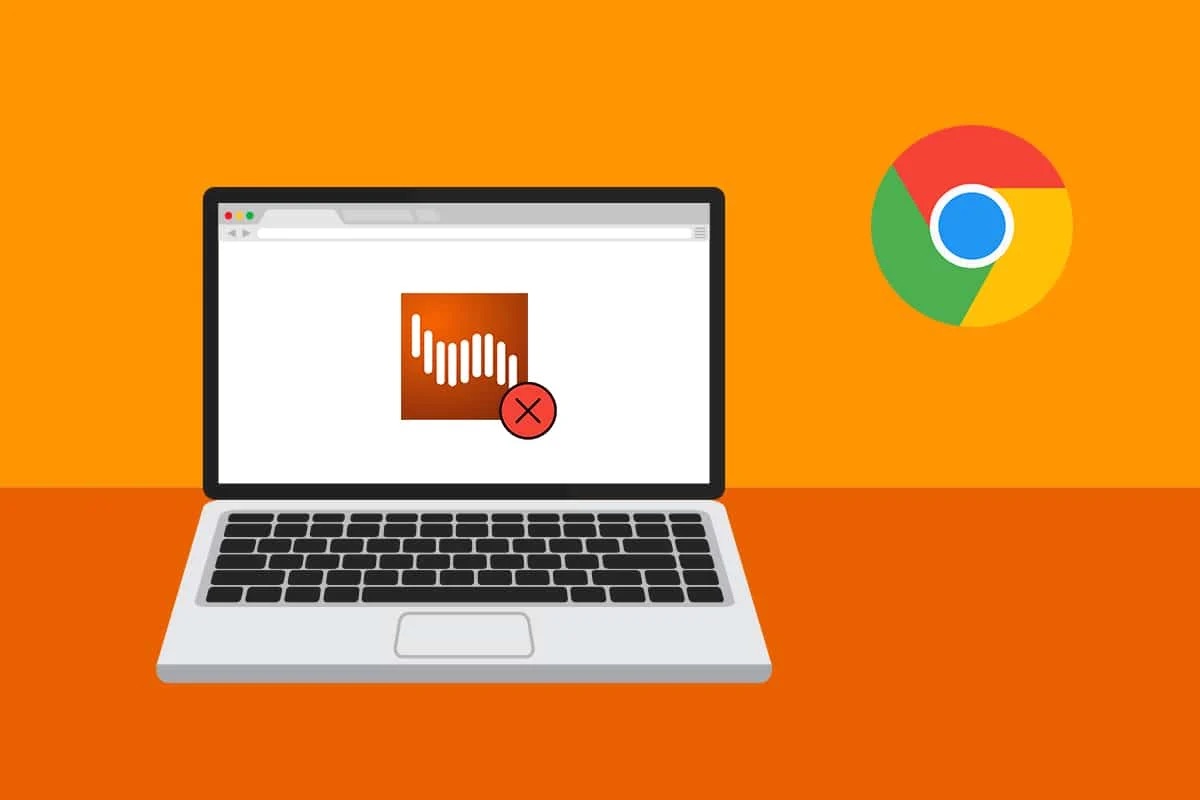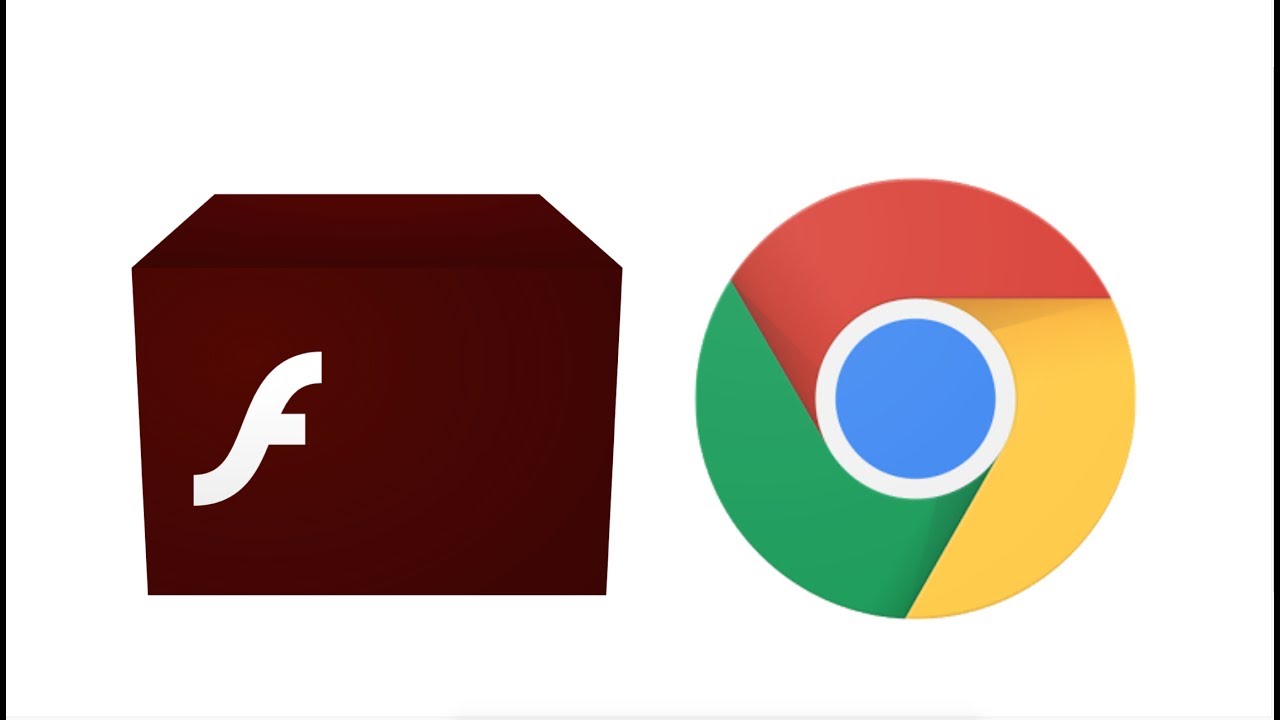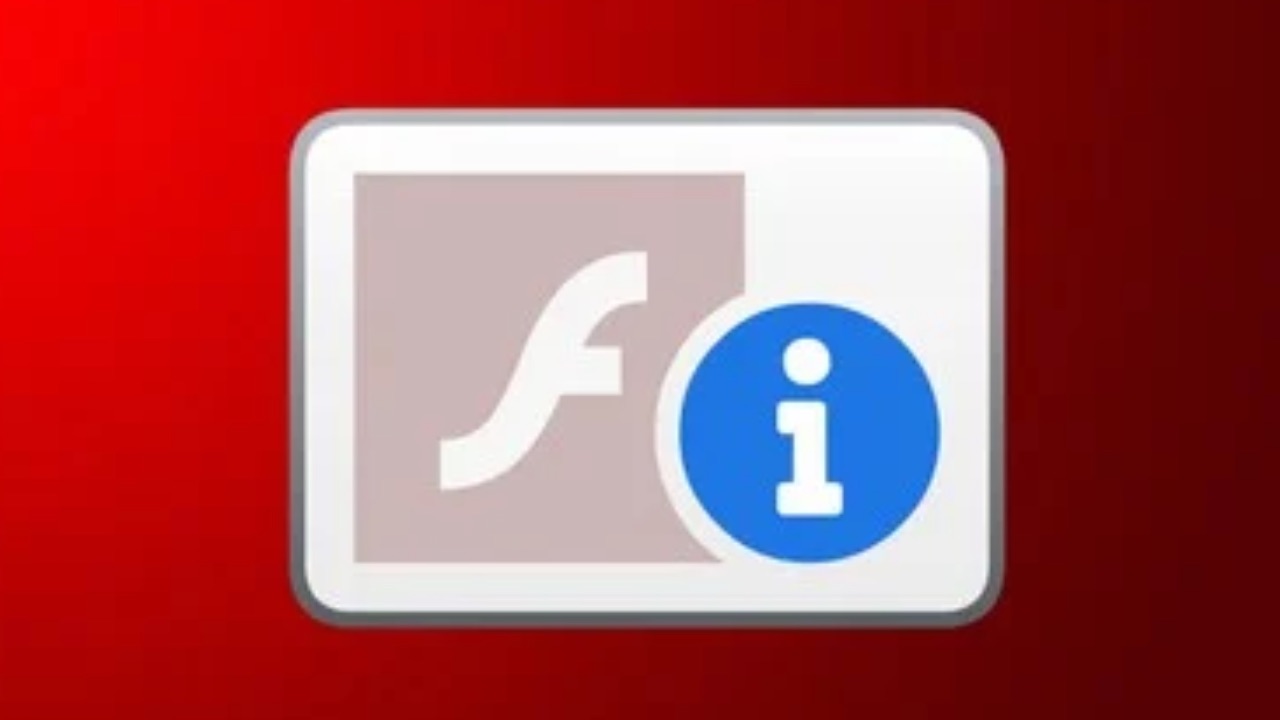Introduction
When browsing the web, encountering multimedia content is a common occurrence. Whether it's an engaging video, an interactive game, or an animated advertisement, these elements often rely on Shockwave technology to deliver a captivating experience. However, if you've ever experienced the frustration of Shockwave repeatedly crashing your Firefox browser, you're not alone. This issue can disrupt your browsing sessions, interrupt your entertainment, and hinder your productivity. But fear not, as we delve into the world of Shockwave and Firefox, we'll explore the reasons behind this recurring problem and equip you with the knowledge to resolve it.
The relationship between Shockwave and Firefox is crucial to understand, as it directly impacts your online activities. As we navigate through the intricacies of these technologies, we'll uncover the common causes of Shockwave crashing Firefox and provide practical solutions to mitigate this disruptive issue. So, fasten your seatbelt as we embark on a journey to unravel the mysteries of Shockwave and reclaim the stability of your Firefox browsing experience.
What is Shockwave?
Shockwave, developed by Adobe, is a multimedia platform that revolutionized the way we interact with dynamic content on the web. It enables the seamless integration of interactive multimedia elements, such as animations, games, and rich media applications, into web pages. This powerful technology empowers web developers to create immersive and engaging experiences that captivate and entertain users.
At its core, Shockwave utilizes a versatile file format known as Director files, which are typically embedded within web pages to deliver a wide array of multimedia content. These Director files can contain a diverse range of media types, including vector graphics, audio, and video, allowing for the creation of visually stunning and interactive web content.
One of the key strengths of Shockwave lies in its ability to handle complex animations and interactivity with ease. This capability has made it a popular choice for developing interactive games, educational content, and multimedia presentations on the web. By leveraging Shockwave, developers can bring their creative visions to life, offering users an immersive and engaging online experience.
Shockwave's impact extends beyond the realm of web browsing, as it has also been utilized in various industries, including education, entertainment, and training. Its versatility and robust feature set have made it a go-to solution for delivering compelling multimedia experiences across different platforms and devices.
In summary, Shockwave is a dynamic and versatile multimedia platform that has played a pivotal role in shaping the interactive web. Its ability to seamlessly integrate multimedia content into web pages has enriched the online experience for users and empowered developers to push the boundaries of creativity and interactivity on the web. Understanding the role of Shockwave is essential in comprehending its interaction with web browsers like Firefox and addressing potential issues that may arise.
Common Causes of Shockwave Crashing Firefox
-
Outdated Shockwave Plugin: An outdated or incompatible Shockwave plugin can lead to frequent crashes in Firefox. When the plugin is not in sync with the browser's requirements, it can trigger instability issues, causing Shockwave to crash repeatedly.
-
Conflicting Browser Extensions: Certain browser extensions or add-ons may conflict with the Shockwave plugin, resulting in instability and crashes. These conflicts can arise due to incompatible code or resource allocation conflicts, leading to disruptive browsing experiences.
-
Incompatible Browser Settings: Firefox's settings and configurations can impact the performance of Shockwave. Incompatibilities between specific browser settings and Shockwave's requirements can lead to crashes, especially when handling complex multimedia content.
-
Resource Intensive Content: High-demand multimedia content, such as complex animations or interactive applications, can strain the Shockwave plugin and overwhelm Firefox's resources. This can result in crashes when the browser struggles to handle the resource-intensive content.
-
System Resource Limitations: Insufficient system resources, such as RAM or CPU power, can contribute to Shockwave crashes in Firefox. When the system lacks the necessary resources to handle multimedia content, it can lead to instability and frequent crashes.
-
Software Conflicts: Other software installed on the system, such as security applications or system utilities, can conflict with Shockwave and Firefox, leading to crashes. These conflicts may arise from conflicting resource usage, memory management, or interference with plugin operations.
-
Corrupted Plugin Data: In some cases, corrupted or damaged plugin data related to Shockwave can trigger crashes in Firefox. This can occur due to incomplete installations, file corruption, or unexpected changes to the plugin's data structure.
Understanding these common causes of Shockwave crashing Firefox is crucial in diagnosing and addressing the issue effectively. By identifying the underlying factors contributing to the instability, users can take targeted steps to resolve the problem and restore a seamless browsing experience.
How to Fix Shockwave Crashing Firefox
Resolving the recurring issue of Shockwave crashing Firefox requires a systematic approach to address the underlying causes and restore stability to your browsing experience. By implementing the following strategies, you can effectively mitigate the impact of Shockwave crashes and ensure a seamless multimedia experience within your Firefox browser.
1. Update Shockwave Plugin:
Ensure that you have the latest version of the Shockwave plugin installed. Visit Adobe's official website to download and install the most recent version of the Shockwave plugin compatible with Firefox. Keeping the plugin up to date can address compatibility issues and potential vulnerabilities that may contribute to crashes.
2. Manage Browser Extensions:
Review and manage your Firefox browser extensions and add-ons. Disable or remove any extensions that may be conflicting with the Shockwave plugin. By selectively disabling extensions and observing the impact on Shockwave stability, you can identify and address potential conflicts that lead to crashes.
3. Adjust Browser Settings:
Optimize Firefox's settings to better accommodate Shockwave's requirements. This may involve adjusting multimedia handling preferences, enabling hardware acceleration if supported, and configuring resource allocation settings to ensure a smoother interaction between Shockwave and the browser.
4. Monitor Resource Usage:
Keep an eye on system resource usage when encountering multimedia content. Use task manager tools to monitor CPU, memory, and GPU utilization while engaging with Shockwave-enabled content. Identifying resource-intensive scenarios can help you manage system resources more effectively and prevent crashes.
5. Resolve Software Conflicts:
Identify and address potential conflicts with other software installed on your system. This may involve temporarily disabling security applications or system utilities to isolate potential conflicts with Shockwave and Firefox. By systematically identifying and resolving software conflicts, you can create a more stable environment for multimedia content.
6. Clear Plugin Data:
If you suspect that corrupted plugin data is contributing to the crashes, consider clearing the plugin data associated with Shockwave. This can involve removing temporary files, clearing cache data, and resetting the Shockwave plugin to its default state. By refreshing the plugin data, you can eliminate potential sources of instability.
By implementing these proactive measures, you can effectively address the issue of Shockwave crashing Firefox and create a more stable environment for enjoying multimedia content within your browser. It's important to approach the troubleshooting process systematically, identifying and addressing potential causes to ensure a seamless and uninterrupted browsing experience.
Remember, the interaction between Shockwave and Firefox is dynamic, and addressing stability issues requires a combination of technical insight and practical troubleshooting. By leveraging these strategies, you can navigate the complexities of multimedia content with confidence, knowing that your Firefox browser is equipped to handle the immersive experiences enabled by Shockwave technology.
Conclusion
In conclusion, the recurring issue of Shockwave crashing Firefox can be a frustrating obstacle in your online activities, disrupting your browsing sessions and hindering your ability to engage with multimedia content seamlessly. However, armed with a deeper understanding of the common causes behind these crashes and practical strategies to address them, you can reclaim stability and enjoy a more reliable browsing experience within your Firefox browser.
By delving into the intricacies of Shockwave technology and its interaction with Firefox, we've uncovered the multifaceted nature of this issue. From outdated plugins and conflicting browser extensions to resource-intensive content and software conflicts, the potential triggers for Shockwave crashes are diverse and complex. Understanding these underlying causes is pivotal in formulating effective solutions to restore stability to your browsing environment.
The strategies outlined for addressing Shockwave crashing Firefox provide a systematic approach to troubleshooting and resolving the issue. From updating the Shockwave plugin and managing browser extensions to optimizing browser settings and monitoring resource usage, these proactive measures empower you to take control of the stability of your browsing experience. By systematically addressing potential causes and implementing targeted solutions, you can create a more resilient environment for engaging with multimedia content within your Firefox browser.
It's important to approach the resolution of this issue with a blend of technical insight and practical troubleshooting, leveraging your understanding of Shockwave technology and Firefox's dynamics. By doing so, you can navigate the complexities of multimedia content with confidence, knowing that your browser is equipped to handle the immersive experiences enabled by Shockwave technology.
Ultimately, the relationship between Shockwave and Firefox is a dynamic interplay of technology and user experience. By addressing the challenges of Shockwave crashing Firefox, you not only enhance the stability of your browsing sessions but also empower yourself to fully immerse in the captivating multimedia experiences that the web has to offer.
As you embark on your journey to address and resolve Shockwave crashes in Firefox, remember that a proactive and systematic approach can yield significant improvements in stability and performance. By staying informed, leveraging practical strategies, and embracing the dynamic nature of technology, you can overcome the challenges posed by Shockwave crashes and unlock the full potential of your browsing experience within Firefox.

























